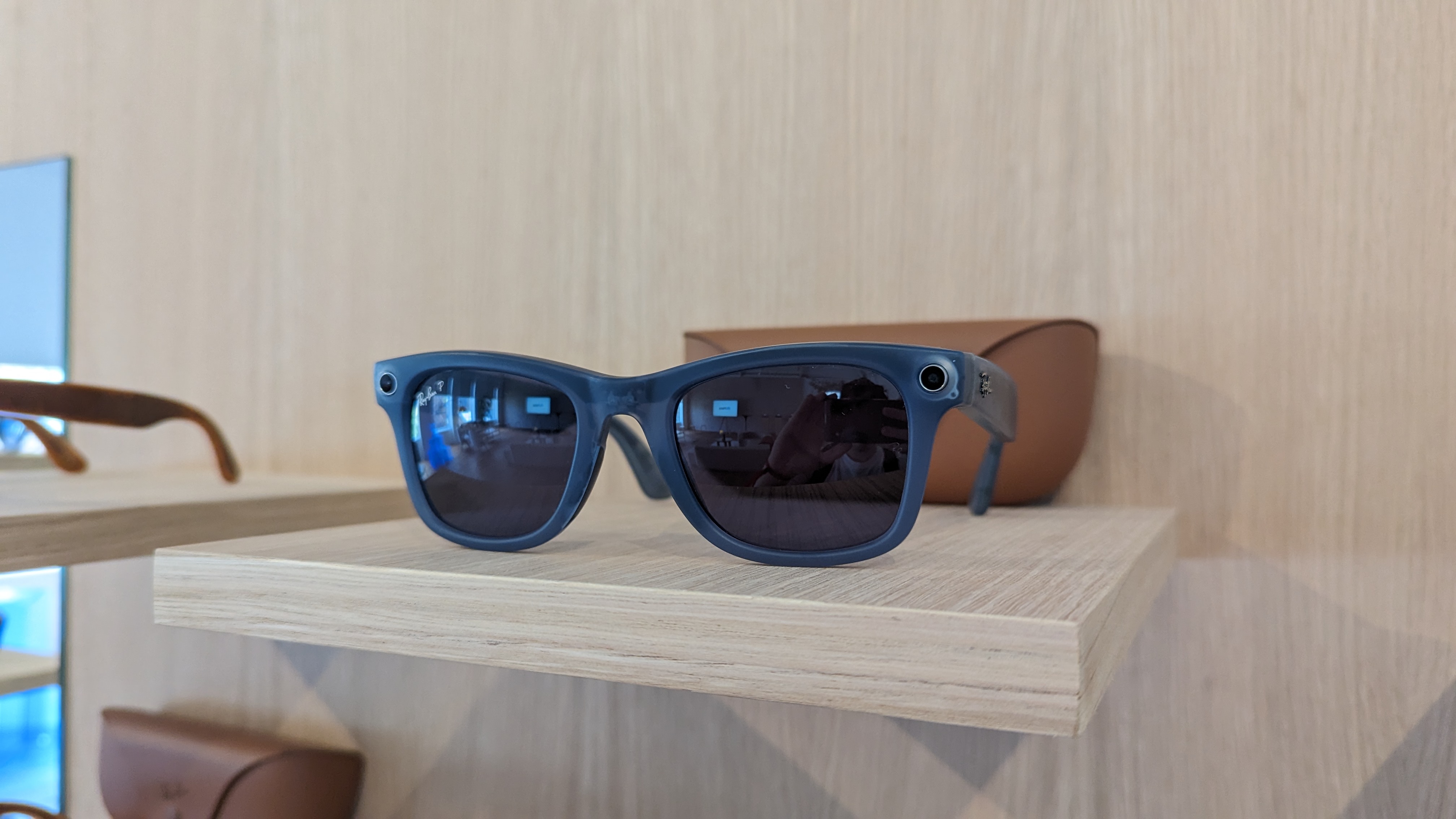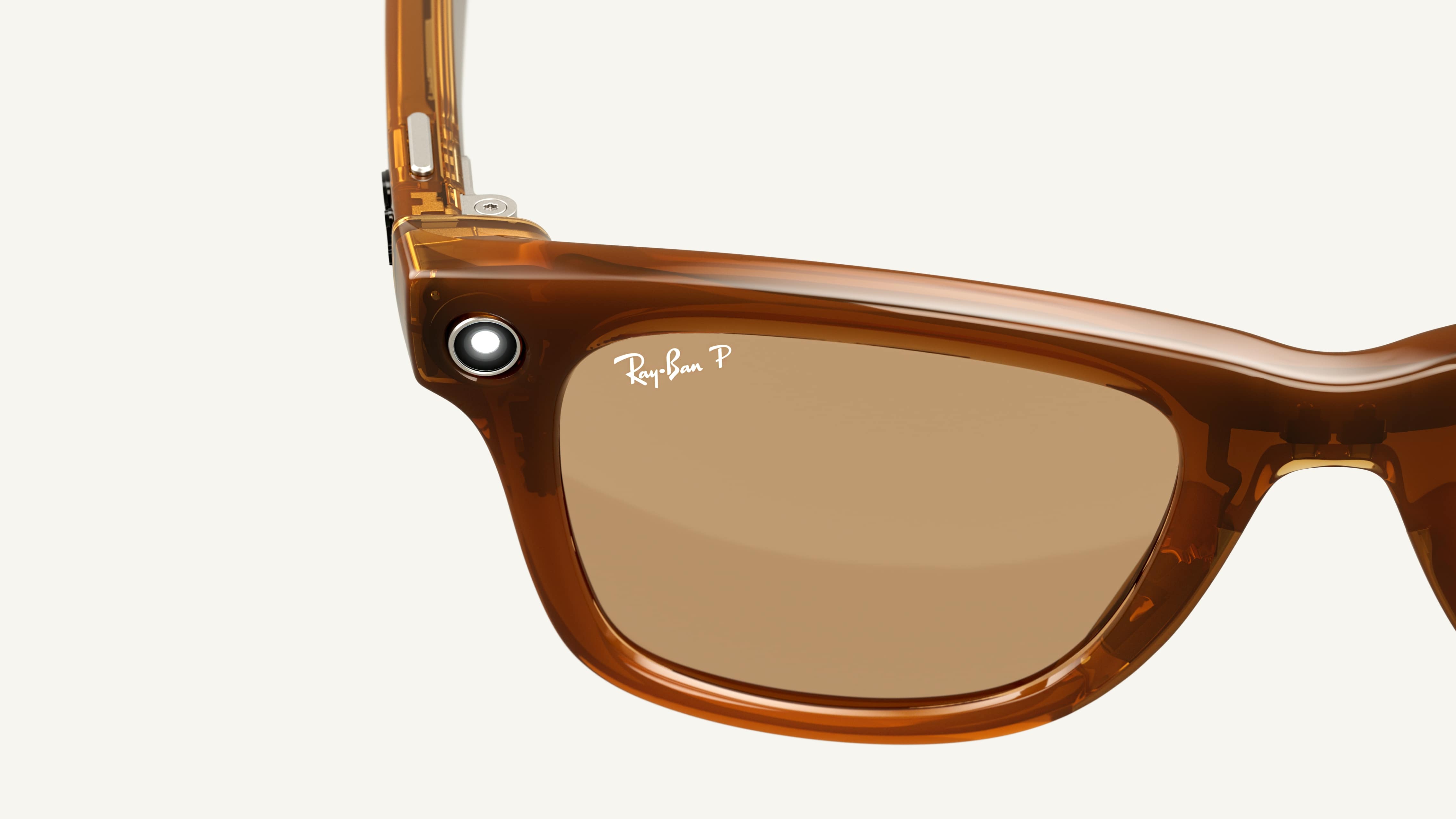
During a recent Instagram video in which Meta CEO Mark Zuckerberg compared the Meta Quest 3 to the Apple Vision Pro – which unsurprisingly was a lot of him saying the Quest 3 is better, though he has a point – he briefly mentioned the Ray-Ban Meta Smart Glasses, and things are going well for the specs.
The smart glasses were announced at the same time as the Meta Quest 3 and are a combination of Ray-Ban shades, a camera, and open-ear headphones – with the big standout feature being their Meta AI capabilities though the impressive Look and Ask tool is still only in beta.
In our Ray-Ban Meta Smart Glasses review, we didn’t look too favorably on the specs. Their design is practically perfect, but the camera and audio quality left a lot to be desired, and while the AI seems neat it’s frustrating that the most exciting features are only usable by a select few who are part of the beta.
But despite some lukewarm reviews, Zuckerberg has said the glasses are doing “way better than I even hoped they would.”

An incoming hardware shakeup?
This stand-out performance has seemingly caught Zuckerberg and Meta by surprise, but if the glasses are indeed as popular as he claims then we think they could cause some shifts in Meta’s hardware strategy.
For existing Ray-Ban Smart Glasses owners it hopefully means Meta is incentivized to keep rolling new features and updates like the Version 2.0 software it released about a week ago at the time of writing for a good while – to keep its small army of smart glasses owners happy with their purchase.
Had they not sold as well the glasses might have joined the unfortunately unpopular Meta Quest Pro. It still gets updates because it's part of the wider Quest platform, but it's clear other hardware like the Quest 3 and (to a lesser extent) Quest 2 are the favorite children. Despite its extra hardware capabilities, the Quest Pro doesn't get more than the exceptionally occasional additional software upgrade.

As for future hardware, it seems a lot more likely that a third Ray-Ban and Meta collaboration will be in the works – and we might see it launch sooner rather than later to capitalize on the current iteration’s success.
What’s more, we may see some of the smart glasses popular features – such as its AI – make their way to other Meta hardware like the Quest 3 (or perhaps Quest Pro 2 or Quest 4, both of which are still yet to be announced). The AI would be especially helpful for Quest as it continues to try to establish itself as the better VR platform now that Apple has entered the ring.
We’ll have to wait and see exactly what the future holds, but we wouldn’t be surprised if smart glasses become as important (or even more important) to Meta as its Quest headsets.







